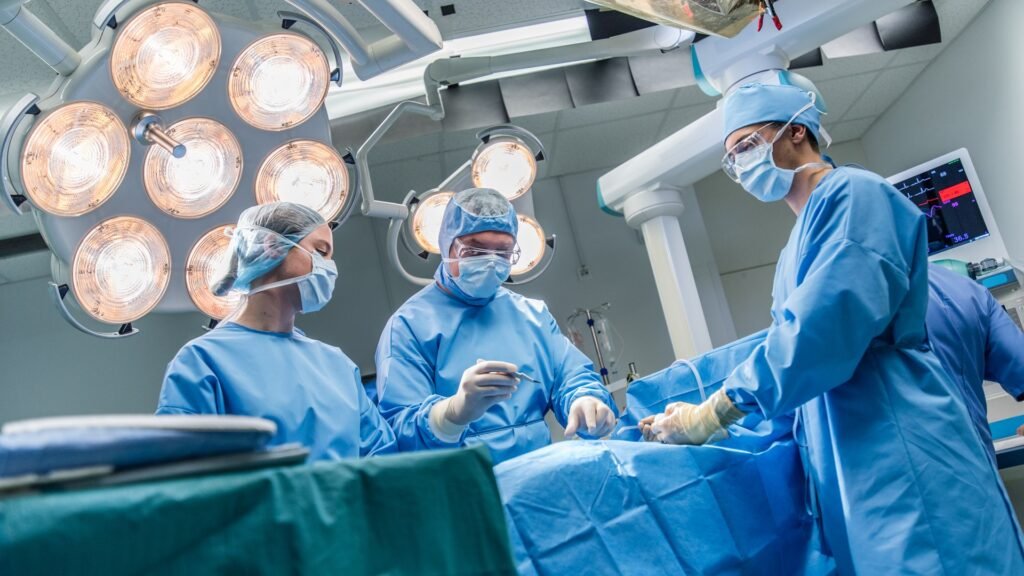
The General Surgery Department in a hospital or healthcare facility is a critical unit that deals with a wide range of surgical procedures and medical conditions that require surgical intervention. General surgeons are trained to perform various types of surgeries and provide surgical care for patients across different age groups. Here’s an overview of the General Surgery Department:
Scope of Practice:
Conditions Treated:
Diagnostic and Preoperative Care:
Surgical Techniques:
Postoperative Care:
Collaboration:
Outpatient Clinics: Some General Surgery Departments also have outpatient clinics where patients can receive consultations, follow-up appointments, and postoperative care without the need for hospitalization.
Patients may be referred to the General Surgery Department by primary care physicians or other specialists when surgical intervention is deemed necessary. General surgeons play a crucial role in addressing a wide range of medical conditions through surgical means, and their expertise is essential in both elective and emergency surgical situations.